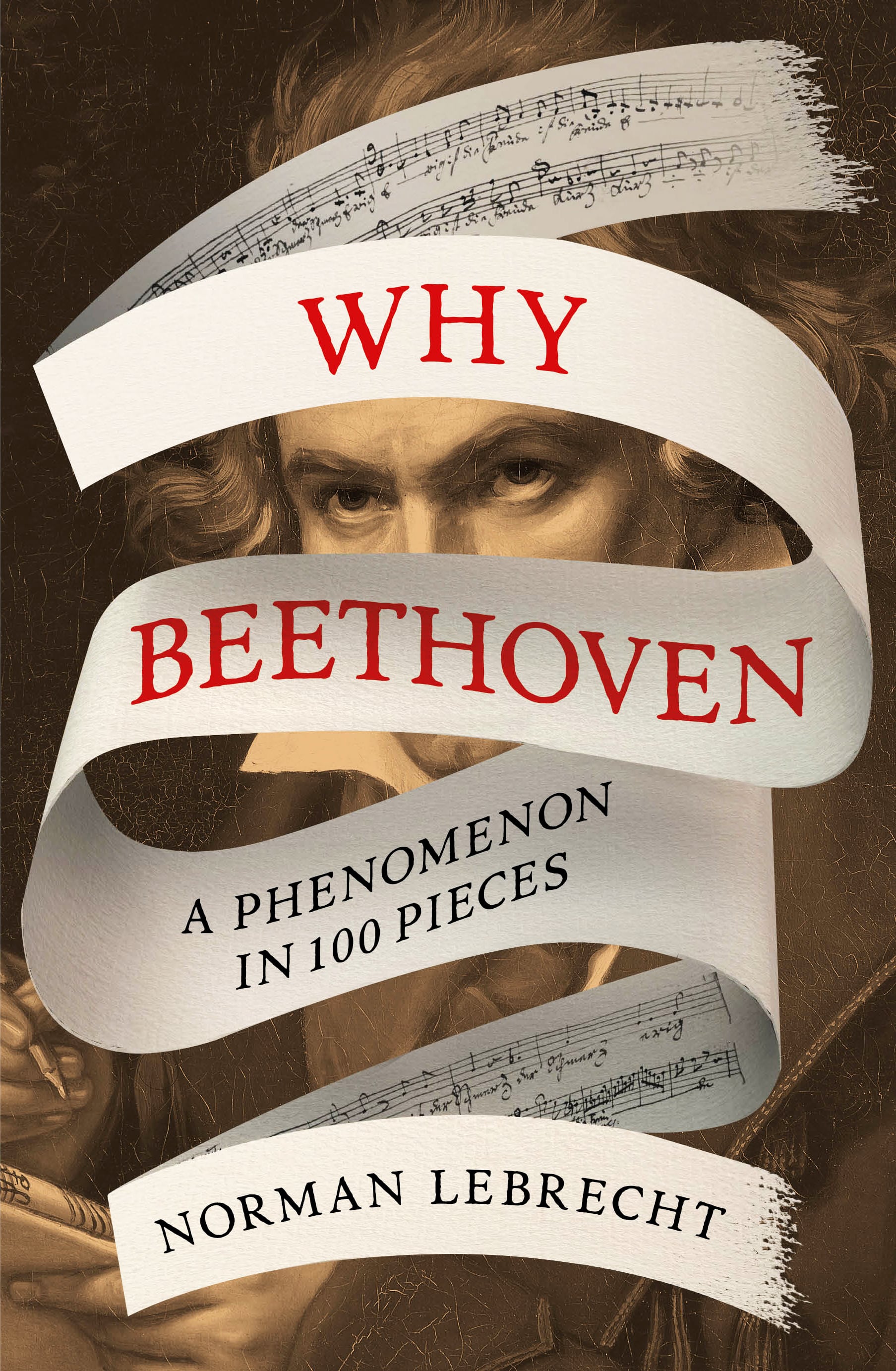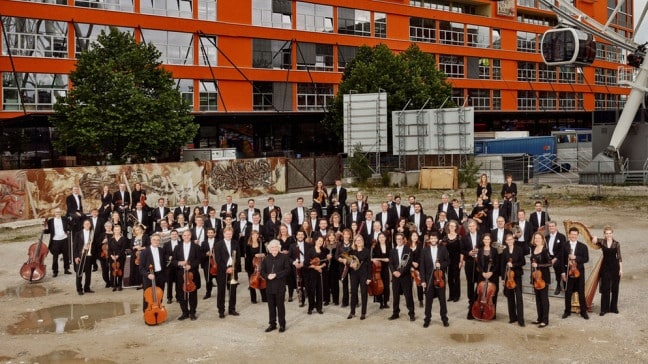Beethoven’s most performed work is revealed
Why BeethovenIn a Daily Telegraph today, I reveal analysis in my new book Why Beethoven as to which Beethoven orchestral score has been the most performed over the past two centuries.
And remains so in the present century.
It’s not the one you’d think.
Here’s the Telegraph piece.
More to follow.
While writing a study of Beethoven interpretation, I realised I had no idea which of his works are the most performed. Nor, it seemed, did anyone else. Dispersed among many publishers and long out of copyright, there was no one keeping score.






Pastoral? Or 9th
There is a musical optimism in the 7th. Nice piece of research, Norman.
Seems to me the phrase “orchestral score” presumably includes the overtures and concertos, not to mention works such as the Romances for violin, and not just the symphonies. Because they are within reach of even average college level orchestras, and the better high school orchestras, and remain popular with audiences and symphony orchestras everywhere, my hunch (I was unable to access the linked article) is that the Egmont overture or Fidelio overture probably get the most public airings, many of them utterly unremarked again because non-professional orchestras are so plentiful.
“I was unable to access the linked article.”
To read any article behind a paywall, copy its URL, go to http://archive.ph , paste in the URL, hit save.
You may occasionally have to be patient – a “queue no.” sometimes appears followed by strings of code against a truly vibrant green background: don’t be alarmed – but it’s always worked for me.
Ol’man River?
The 7th is hands down my favorite (same for Mahler).
The article is nice to read. However: I don’t trust it. “[…] I had no idea which of his works are the most performed. Nor, it seemed, did anyone else.” Really? E. g., the Wiener Symphoniker has had a list since at least 2018, so someone will have asked this question before (https://www.wienersymphoniker.at/de/news/2018/5/die-10-meistgespielten-werke-beethovens-durch-die-wiener-symphoniker). Ok, we now know that the piece most frequently performed by the _Vienna Philharmonic_ is Beethoven’s 7th. That’s interesting. Still, it seems a very limited approach to the question to reduce the “greatest hit” to the piece most often played by the VP. Nevertheless, the thoughts on why the 7th is so popular are worth reading.
The Wiener Symphoniker was founded in its present form in 1933. It had no historic contact with Beethoven and a little international renown. Despite these limitations, its results are not wildly dissimilar to the WPO, with symphonies 5, 3 and 7 constituting the three most played.
I can’t say why, but I think 3,5, and 7 are his most profound works.
For me, Beethoven’s best symphonies are 2, 3, 4 and 7.
I’m not surprised at all. I see it all the time. #5 suffers a little for being “so famous that nobody does it,” sort of like Scheherezade. The 9th is too big to do frequently – it needs a choir and soloists.
Eroica is perhaps just a little too “serious.”
My favorite is #6.
Note that the 7th opening (the first tune, not the intro) is featured in the “It’s the Easter Beagle, Charlie Brown.” https://www.youtube.com/watch?v=–YRQDPUvmY&list=PLPrNteNJ3XXW6IZA1H-FXucStEleGF4RY&index=10 (start at 1:50). Maybe that has something to do with it.
Beethoven’s 3rd, 5th, 7th and 9th Symphonies are arguably linked. Why? All embrace darkness but emerge with optimism.The 7th is like a remodelled 3rd with similar thematic material but less wieldy (perhaps orchestras of the time really struggled with it). The 5th can be looked on as a personal journey but equally as a heroic triumph of the people. The 9th is blatantly about triumphant heroism.
Beethoven was known to be a humanist and embraced the Enlightenment. He was also a bitter, tormented, kind, arrogant and temperamental genius. Symphonies 3, 5, 7 and 9 are in my opinion, quite as political as many of Shostakovich’s works (which are also humanist and pro freedom for the most part).
I was wondering whether Beethoven’s 7th had a conceptual influence on Mahler’s first. I attended a concert by the City of Birmingham Symphony Orchestra last week where the discarded Blumine movement from Mahler 1 was played in the first half and the symphony as it ended up in the second half of the concert.
Removing the Blumine movement left the symphony without a slow movement and increased its dramatic urgency.
So both Mahler 1 and Beethoven 7 have no slow movement and both have a funeral march (with Mahler an arrangement of “Frère Jacques” perhaps relating to children who died young finding a kind of resolution to in the finale of Mahler 4).
Both Mahler’s first and Beethoven’s seventh have tumultuous finales.
What do other slippedisc.com readers think?
The finale of the Beethoven 7th is arguably the greatest in the repertoire.